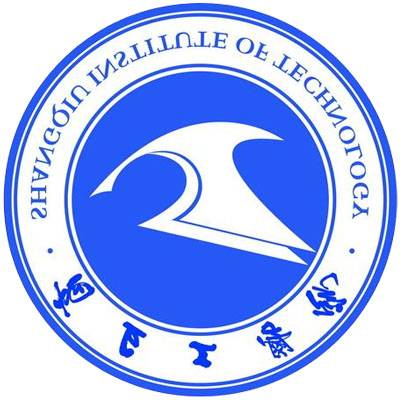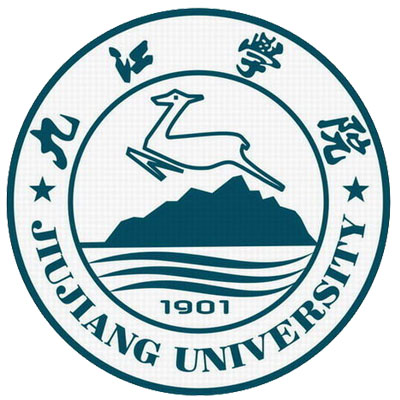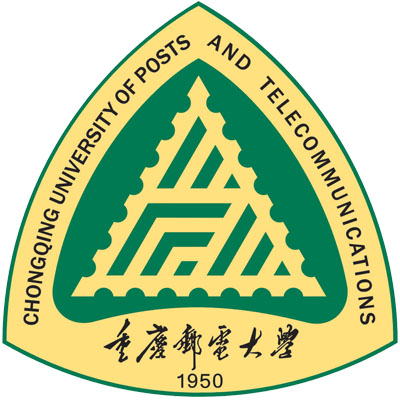The Chiba-Falek lab at Duke University School of Medicine seeks a highly motivated postdoctoral research fellow to investigate genetic and epigenetic causes of Late Onset Alzheimer’s disease. The successful applicant will have a strong and productive scientific record, be highly collaborative, inquisitive, diligent, and have previous experience in one or more of the relevant fields: human genetics, neurobiology, functional genomics, molecular biology, RNA biology, and bioinformatics. Ideal candidates should be less than two years out from their Ph.D., and should demonstrate excellent verbal and written communication skills.
The Chiba-Falek lab investigates genetic and molecular mechanisms controlling neurodegeneration and neuronal aging, and contributing to neurodegenerative pathologies and aged-related brain diseases. To tackle these questions, we employ genomic technologies, single-cell analyses of human brain tissues, iPSC-derived models, humanized mouse, bioinformatics tools, and genomic/epigenomic/transcriptomic datasets. The Chiba-Falek lab has ongoing collaborations with labs at Duke as well as with other national and international investigators.
Our recent accomplishments include: discovery of structural variants and haplotype controlling gene expression and contributing to Lewy body dementia spectrum disorders (Lutz et al, Alzheimers Dement, 2015; Saul et al, Hum Mutat, 2016), discovery of miRNA-mediated mechanism contributing to the heterogeneity of synucleionopathies (Tagliafierro et al, Alzheimers Dement, 2017), identification of a transcription factor regulating genes associated with Alzheimer’s disease (Subramanian et al, Biochim Biophys Acta, 2017), development of single-cells based method for gene expression analysis (Tagliafierro et al, Front Mol Neurosci, 2016).
The primary goal for this position will be to investigate the underpinnings of how Alzheimer’s GWAS discoveries translate to disease causal mechanisms. The postdoctoral fellow will implement cutting edge technologies in functional genomics, molecular profiling, single-cell analyses, and model systems primarily iPSC gene-edited derived neurons. Additionally, the fellow will have the opportunity to pursue complementary projects in the lab at the intersection of molecular genetics and neurodegenerative diseases in aging. The lab and Department offer a vibrant and rigorous training environment for postdoctoral fellows.
中国-博士人才网发布
声明提示:凡本网注明“来源:XXX”的文/图等稿件,本网转载出于传递更多信息及方便产业探讨之目的,并不意味着本站赞同其观点或证实其内容的真实性,文章内容仅供参考。




















